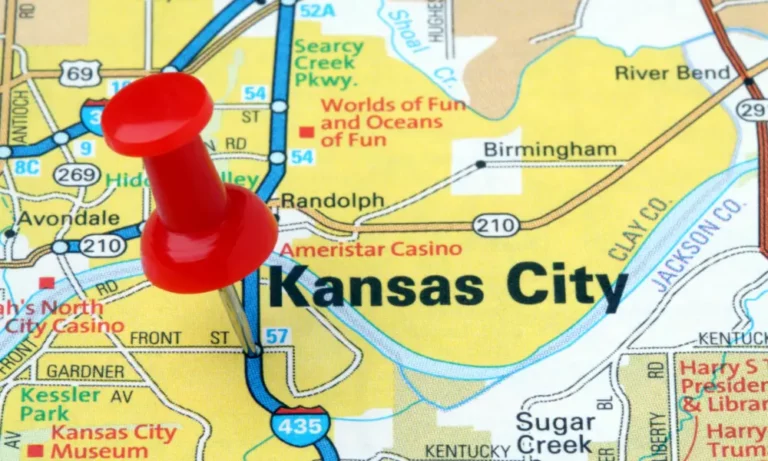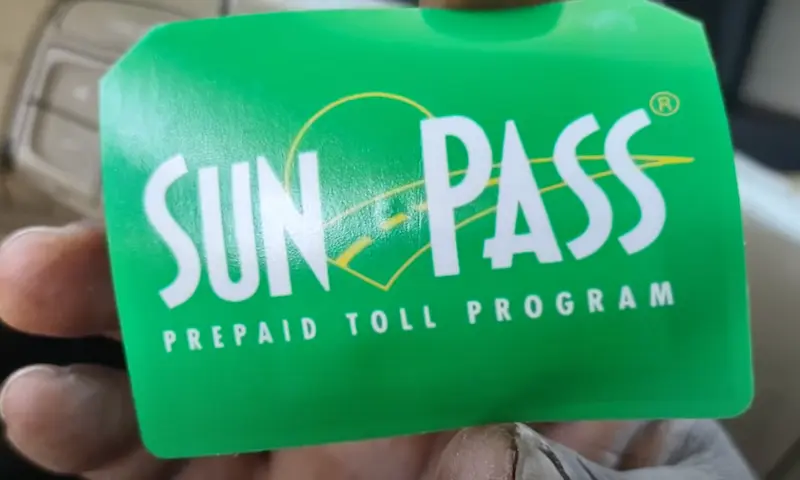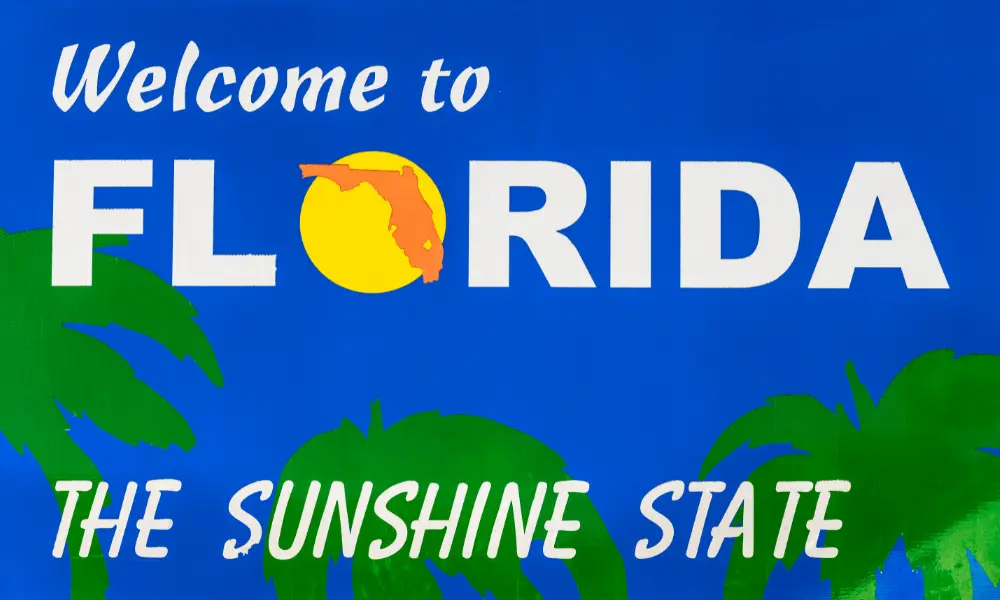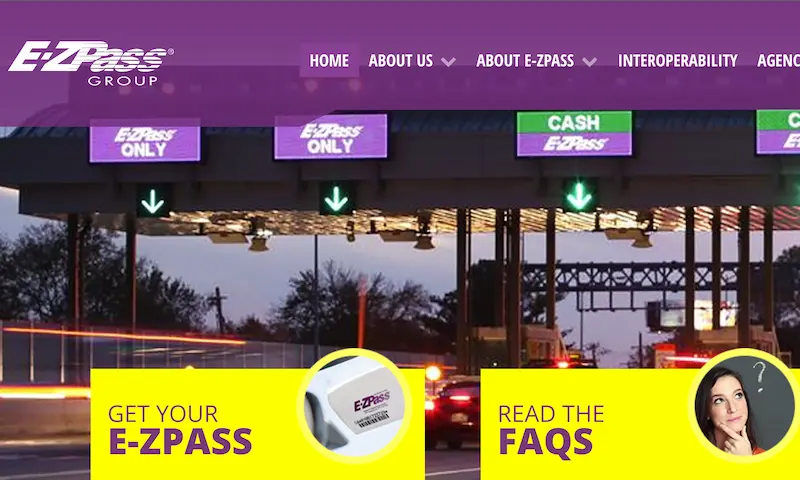You’re cruising down I-35 toward Wichita when you spot signs for the Kansas Turnpike. Suddenly, you’re wondering about tolls. Will you need cash? Is there an app? What happens if you don’t have either? Don’t worry—I’ve got all your Kansas Turnpike payment options covered in this straightforward guide.
Kansas Turnpike Basics: What You Need to Know
The Kansas Turnpike stretches 236 miles from the Oklahoma border to Kansas City, running through Wichita, Topeka, and Lawrence. As of 2025, the turnpike has moved to a cashless toll system with no on-road toll collection. Instead, toll zones calculate charges based on your vehicle type and how you’re identified.
Understanding this system is crucial because your payment method directly affects how much you’ll pay. Electronic transponder users enjoy rates that are 50% lower than those who use license plate-based billing systems.
Best Payment Option: K-Tag and Compatible Transponders
What is K-Tag?
K-Tag is Kansas’s official electronic toll collection system. It’s a small transponder you attach to your windshield that communicates with toll equipment as you drive through. Using K-Tag is hands down the cheapest way to pay Kansas Turnpike tolls.
Here’s why K-Tag makes sense:
- Saves 50% compared to license plate billing
- No stopping required at toll plazas
- Automatic payment from your linked account
- Works on all Kansas Turnpike entrances and exits
For example, a trip between the southern and eastern terminals costs $11.35 with K-Tag but would cost $17 with cash—that’s significant savings.
Compatible Out-of-State Transponders
Don’t live in Kansas? You might already have a compatible transponder in your vehicle. The Kansas Turnpike accepts several out-of-state systems while still giving you the discounted rate:
| Transponder | State/Region | Compatibility |
|---|---|---|
| PikePass | Oklahoma | Full compatibility with discount |
| BestPass | Multiple states | Full compatibility with discount |
| PrePass Plus/ElitePass | Multiple states | Full compatibility with discount |
| EZ TAG | Texas | Full compatibility with discount |
| TxTag | Texas | Full compatibility with discount |
| TollTag | Texas | Full compatibility with discount |
| SunPass Pro and Mini | Florida | Full compatibility with discount |
Important note: E-ZPass from northeastern states is NOT compatible with the Kansas Turnpike system.
License Plate-Based Payment Methods
Setting Up a Drive KS Account
If you don’t have a transponder, creating a Drive KS account before your trip is your next best option. This system uses your license plate to identify your vehicle and process payments.
Benefits of a Drive KS account:
- Manage all toll transactions in one place
- Save payment methods for future use
- Avoid the hassle of paper bills
- Better rates than bill-by-mail
To set up an account, visit the Drive KS website and register with your vehicle information and payment method.
Bill by Mail: The Default Option
If you drive the Kansas Turnpike without a transponder or pre-registered account, you’ll automatically be enrolled in the bill-by-mail system. Here’s how it works:
- Cameras photograph your license plate as you pass through toll points
- The system matches your plate to your vehicle registration
- A bill is mailed to the registered owner within two weeks
- You pay online or by mail
This option includes additional processing fees, making it the most expensive way to pay. For instance, what costs $11.35 with K-Tag might cost over $17 with bill-by-mail.
Cash and Credit Card Options: Limited But Available
While the Kansas Turnpike is transitioning to fully cashless operations, some traditional payment methods still exist:
- Cash payments: Available at certain toll plazas, though these are becoming increasingly rare
- Credit card payments: Accepted at toll booths that still maintain cash lanes
Be aware that some locations, like Exit 53A at Wichita, are already fully cashless. At these locations, you must either use an electronic transponder lane or pay online within 10 days by searching for your license plate on the PayKTA website.
Understanding Toll Rates on the Kansas Turnpike
Toll costs vary based on several factors:
Vehicle Class and Size
The Kansas Turnpike charges different rates based on vehicle class:
- Class 1: Two-axle vehicles (cars, motorcycles, small trucks)
- Class 2: Vehicles with three or more axles (larger trucks, RVs, vehicles with trailers)
- Commercial vehicles: Multiple axle trucks have their own rate structure
Entry and Exit Points
Your toll is calculated based on where you enter and exit the turnpike. The maximum toll for traveling the entire 236-mile length is approximately:
- $12.00 for passenger vehicles with K-Tag
- $17.00+ for passenger vehicles with license plate billing
- $77.50 for commercial vehicles
Payment Method Comparison
| Payment Method | Cost Factor | Convenience | Best For |
|---|---|---|---|
| K-Tag | Lowest (50% discount) | Highest | Regular users, Kansas residents |
| Compatible Transponder | Lowest (50% discount) | High | Out-of-state travelers with existing tags |
| Drive KS Account | Medium | Medium | Occasional travelers without transponders |
| Bill by Mail | Highest | Low | One-time travelers, unprepared travelers |
| Cash/Credit Card | High | Medium | Available only at select locations |
What to Do If You Miss a Toll Payment
Missed Toll Procedures
If you accidentally miss a toll payment, don’t panic. Here’s what happens:
For non-electronic lanes:
- If you pass through without paying, you’ll receive a statement by mail within two weeks
- You can pay online once you receive this statement
For electronic lanes:
- If you use an electronic lane without a compatible transponder, you’ll be billed at a violation rate
- This rate is typically 1.5 times the cash toll rate
Paying Missed Tolls
To pay a missed toll:
- Wait for your toll statement to arrive by mail (usually within two weeks)
- Visit the Kansas Turnpike payment page
- Enter your statement ID and license plate information
- Complete payment using a credit card
Note that you cannot pay a missed toll until it’s assigned a statement ID, which typically takes about three business days after your trip.
Special Considerations for Kansas Turnpike Travelers
Using the Toll Calculator
Before your trip, use the Kansas Turnpike toll calculator to estimate your costs. This helpful tool lets you input:
- Your vehicle type
- Entry and exit points
- Payment method
The calculator will show you exactly what to expect, helping you budget for your journey.
Tips for Out-of-State Travelers
If you’re visiting from a state without toll roads, here are some helpful tips:
- Check if your existing transponder is on the compatibility list
- Ensure your transponder account has a prepaid balance
- Verify your transponder is properly mounted on your windshield
- Consider setting up a Drive KS account before your trip if you don’t have a compatible transponder
- Keep your eyes open for signs indicating cashless toll points
Future of Kansas Turnpike Tolling
The Kansas Turnpike Authority continues to modernize its toll collection system. The transition to cashless tolling means:
- Faster travel with no stopping at toll booths
- Reduced congestion at entry and exit points
- More payment options for travelers
- Greater emphasis on electronic methods
As this transition continues, having a K-Tag or compatible transponder becomes increasingly valuable for frequent travelers.
Best Practices for Kansas Turnpike Toll Payment
To ensure the smoothest experience on the Kansas Turnpike:
- Get a K-Tag if you’re a regular traveler or Kansas resident
- Check your existing transponder compatibility if you’re from out of state
- Set up a Drive KS account before your trip if you don’t have a compatible transponder
- Keep your transponder properly mounted and visible
- Know your route and expected toll costs before traveling
- Have a payment card ready if you need to pay online after your trip
Following these practices will help you navigate the Kansas Turnpike with minimal hassle and maximum savings.
















